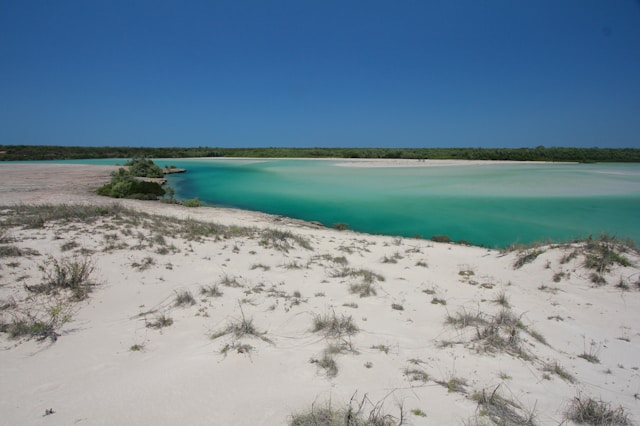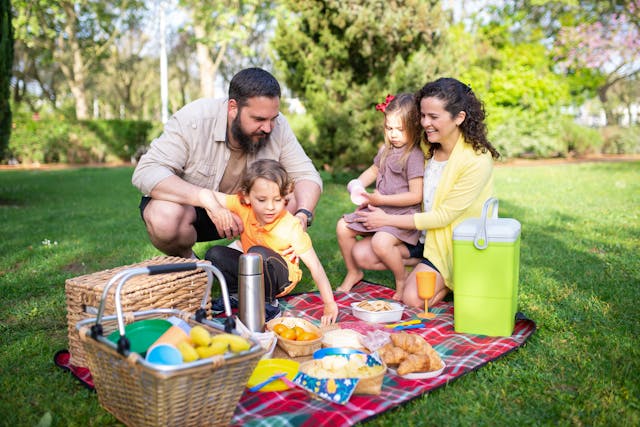You do not usually owe any tax on an inheritance at the time you inherit it.
Inheritance Tax
The personal representative (an executor or administrator) for the estate usually pays any Inheritance Tax due before giving you the inheritance.
HM Revenue and Customs (HMRC) will contact you if you have to pay any Inheritance Tax yourself. This may happen if:
- the person who died gave you a gift in the 7 years before they died
- your inheritance is put into a trust and the trust does not or cannot pay
- the personal representative could not or did not pay before you got your inheritance
Other taxes
After you inherit you may have to pay:
- Income Tax on any profit you earn from an inheritance (for example, dividends on shares or rental income from a property)
- Capital Gains Tax when you sell anything you inherited
Money and shares
You do not usually have to pay Income Tax or Capital Gains Tax immediately if you inherit money or shares.
HM Revenue and Customs (HMRC) will contact you if you owe any Inheritance Tax.
Income Tax
You may have to pay Income Tax on:
- interest you earn from money after you inherit it
- dividends paid on shares after you inherit them
If you have an ‘R185 (estate income)’ form
The personal representative (an executor or administrator of the estate) may give you an R185 (estate income form) when you inherit.
This gives details of any Income Tax that was paid on your inheritance between the date the person died and the date the inheritance was passed on to you.
You will need this form if you complete a Self Assessment tax return or to claim a tax repayment from HMRC.
Capital Gains Tax
You’ll have to pay Capital Gains Tax if you sell shares you inherited that went up in value since the person died.
Property
You do not pay Stamp Duty, Income Tax or Capital Gains Tax immediately if you inherit a property.
HM Revenue and Customs (HMRC) will contact you if you owe any Inheritance Tax.
The rules are different in Scotland.
Selling the property
You do not pay Capital Gains Tax when you sell your home. You will pay it if you make a profit when you sell a property that is not your main home.
If inheriting a property means you own 2 properties, you must tell HMRC which property is your main home within 2 years.
If you do not tell HMRC which of your properties is your main home, HMRC will decide if a property was your main home when you sell it.
Renting out the property
You may have to pay tax on the rental income.
Properties held in trust
Usually if you inherit property held in a trust, you are the ‘beneficiary’ and the trustees are the legal owners and responsible for paying tax on income the trust receives.
You may still have to pay tax on any income you receive from the trust.
Bare trusts
If the trust is a ‘bare trust’ you are both the beneficiary and the legal owner and are responsible for paying tax on income the trust receives.




